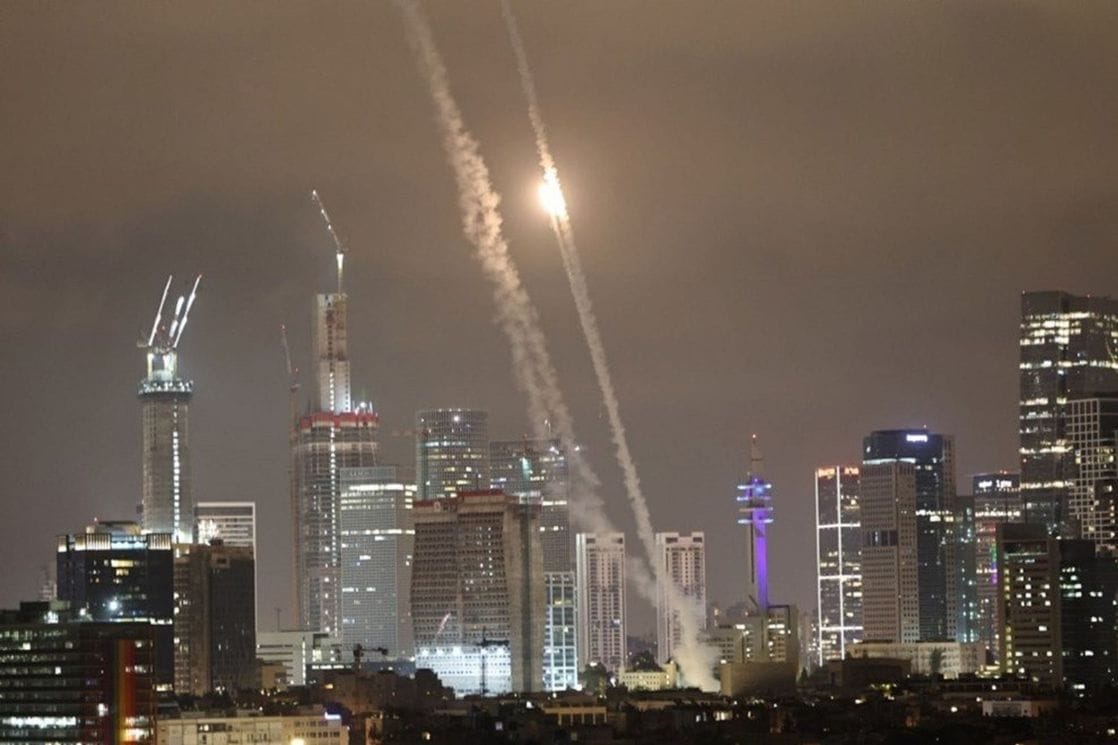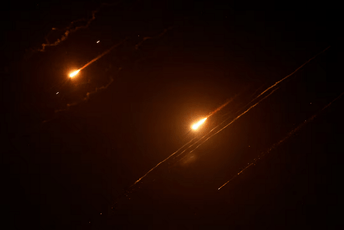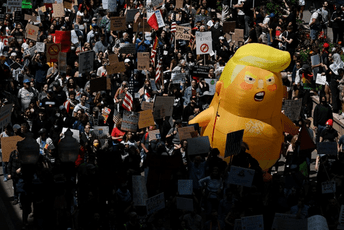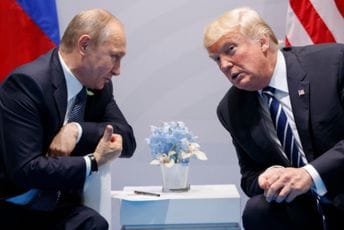Israeli Prime Minister Benjamin Netanyahu stated that future Israeli strikes on Iranian targets will surpass all previous attacks. He emphasized that recent airstrikes have caused serious damage to Iranian nuclear facilities, setting back Iran’s nuclear program by several years. Netanyahu also warned of the threat posed by ballistic missiles that Iran allegedly intends to use against Israel, asserting that Israel will eliminate Iran’s ability to produce such weapons. Meanwhile, Iran launched rocket attacks on Israeli cities including Tel Aviv and Haifa, prompting Israeli counterstrikes on targets in Tehran. The conflict has escalated with casualties and material damage on both sides, while the international community calls for restraint and prevention of further escalation.
Political Perspectives:
Left: Left-leaning sources tend to emphasize the human cost of the conflict, highlighting casualties and the risk of escalation. They often call for diplomatic solutions and criticize aggressive military actions from both sides. The narrative may focus on the dangers of war and the need for international mediation.
Center: Centrist sources report the facts of the conflict, including statements from Netanyahu and the Iranian attacks, with a focus on balanced coverage. They highlight the military developments and the strategic implications without strong bias, often including calls for restraint and the importance of regional stability.
Right: Right-leaning sources emphasize Israel’s right to defend itself and portray Netanyahu’s statements as strong and justified responses to Iranian aggression. They highlight the threat posed by Iran’s nuclear program and missile capabilities, supporting decisive military action to neutralize these threats.










